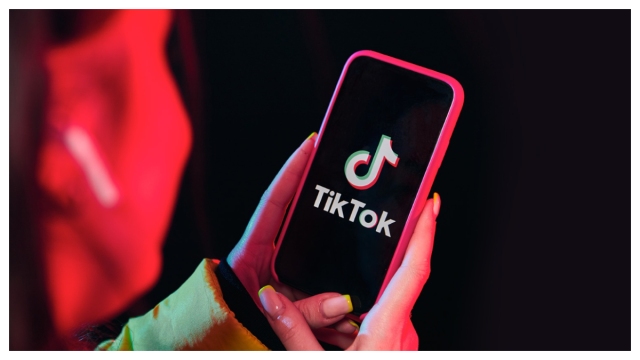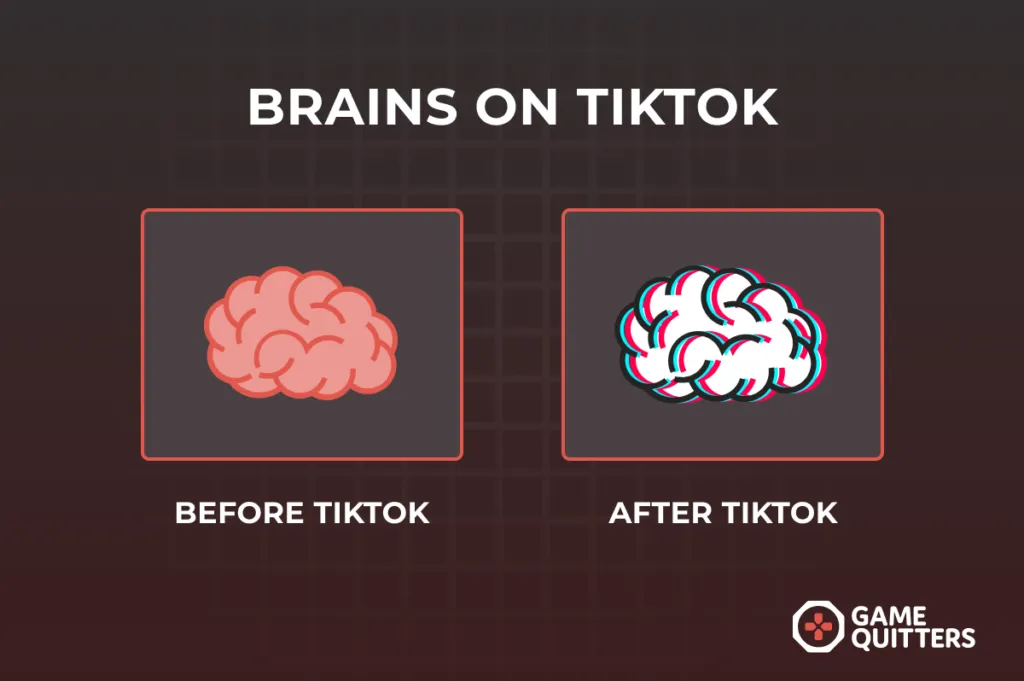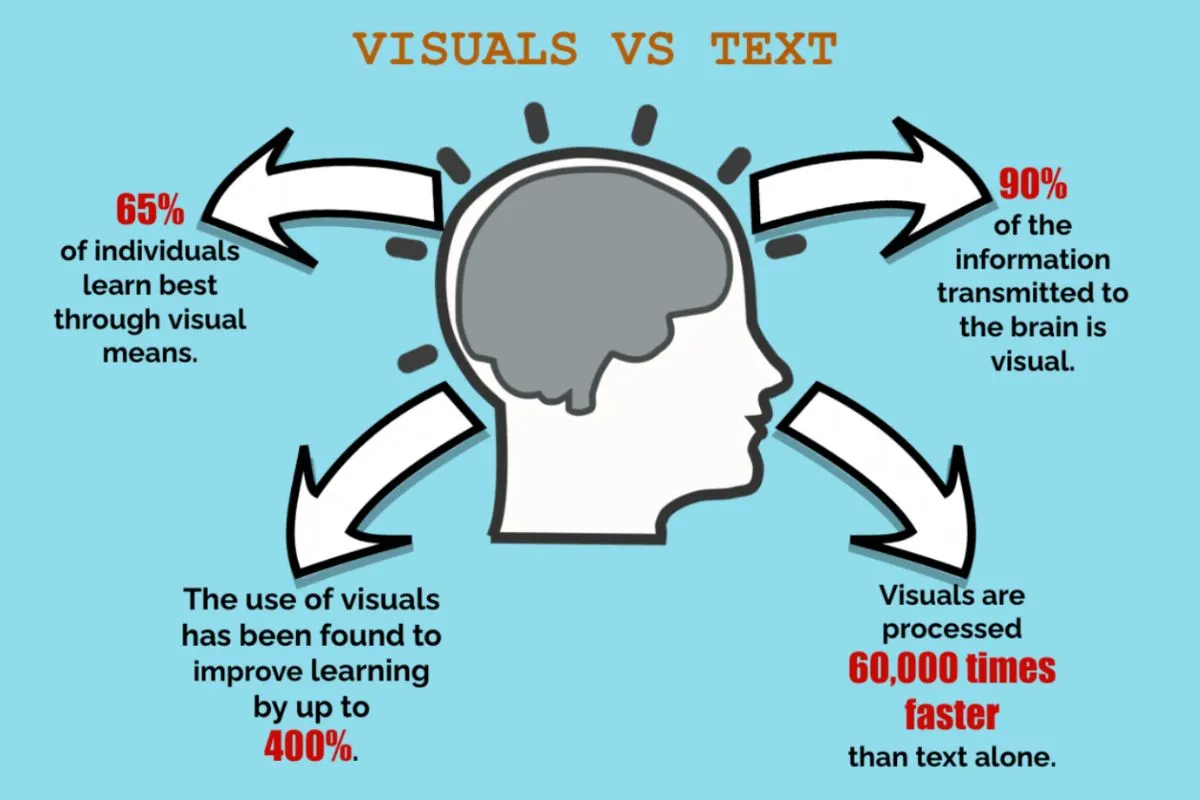The Impact of “TikTok Brain” on Children’s Attention Spans
TikTok’s rapid rise as a global platform has revolutionized how we consume content, especially among children and teenagers. However, its fast-paced, highly stimulating videos may be affecting the way young minds process and retain information. The term “TikTok Brain” has emerged to describe how exposure to such content could shorten attention spans and condition young users to seek constant stimulation. This article examines the impact of TikTok on attention spans and offers strategies for balancing screen time to support healthy cognitive development.
1. What Is “TikTok Brain”?
“TikTok Brain” refers to the cognitive effects of excessive exposure to short-form digital content, particularly on platforms like TikTok. The app’s algorithm curates a personalized feed of quick, engaging videos, often designed to capture and hold attention instantly. While this format is entertaining, it also conditions the brain to expect rapid rewards, potentially making it difficult for users to focus on tasks that require sustained attention, such as reading or studying.
Research shows that prolonged exposure to such fast-paced content can affect neural development in children, whose brains are still forming. The issue becomes even more pronounced when exposure begins at an early age, as the brain adapts to high levels of stimulation. This conditioning can make slower, real-world activities feel less engaging, leading to difficulties in academic, social, and emotional development.
2. Early Exposure to Rapid Frame Changes
The roots of “TikTok Brain” extend beyond the app itself, starting with early exposure to rapid frame changes in children’s programming. Many shows for toddlers feature quick scene transitions and vibrant visuals to hold their attention. While these elements are designed to entertain, they also overstimulate developing neural pathways, potentially leading to shorter attention spans as children grow older.
When children later transition to platforms like TikTok, the problem is compounded. The app’s endless feed of stimulating content reinforces the brain’s reliance on constant excitement, making it challenging to focus on less dynamic tasks. As a result, children may struggle with activities like problem-solving, reading, or even meaningful conversations, all of which require prolonged focus.
Parents and educators should consider how early exposure to rapid frame changes impacts cognitive development. By encouraging diverse activities such as outdoor play, hands-on learning, and creative pursuits, they can help counteract the effects of over-stimulation and promote well-rounded growth.
3. Strategies for Supporting Healthy Development
Although technology is an integral part of modern life, it’s essential to create a balanced approach that supports children’s mental health and cognitive development. Here are practical strategies for addressing the effects of “TikTok Brain” and fostering healthier screen habits:
- Limit Screen Time: Set daily limits for TikTok and similar platforms to ensure children have ample time for non-digital activities.
- Promote Real-World Engagement: Encourage activities like reading, sports, art, and face-to-face interactions, which require sustained attention and creativity.
- Model Healthy Behavior: Parents can lead by example by moderating their own screen use and prioritizing meaningful offline experiences.
- Use Parental Controls: Apps and devices often have features to manage screen time and block inappropriate content. Take advantage of these tools to create a safer digital environment.
- Teach Mindful Consumption: Help children understand the importance of moderation and how to identify high-quality, educational content on social media.
By incorporating these strategies, families can mitigate the negative effects of excessive screen time while still embracing the benefits of technology.
Related articles:
Trump Extends TikTok’s Lifeline: A Global Perspective
Why TikTok Is Bad For Everyone
Is TikTok Good or Bad? Exploring the Pros and Cons
Conclusion
The “TikTok Brain” phenomenon sheds light on the potential consequences of excessive exposure to rapid, short-form content on children’s cognitive development. While platforms like TikTok offer entertainment and creativity, they also pose risks to attention spans, social skills, and overall well-being.
Understanding the impact of TikTok on attention spans allows parents, educators, and caregivers to take proactive steps in creating a healthier balance between digital and real-world experiences. By encouraging diverse activities, promoting mindfulness, and setting boundaries, we can help children build the focus and resilience needed for success in a fast-paced, digital age.
Maybe you are interested:

How TikTok Affects Youth Mental Health: Risks and Solutions

Trump Extends TikTok’s Lifeline: A Global Perspective






